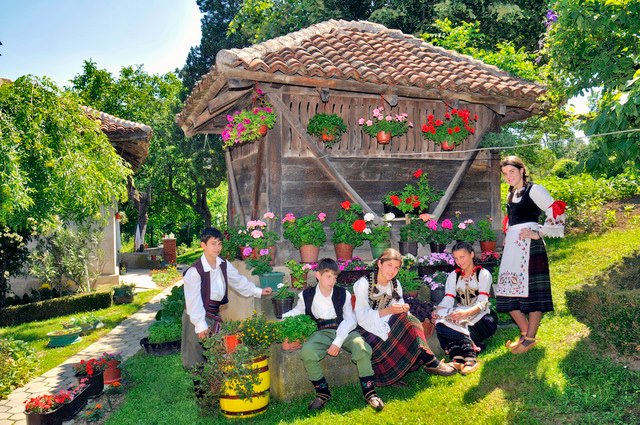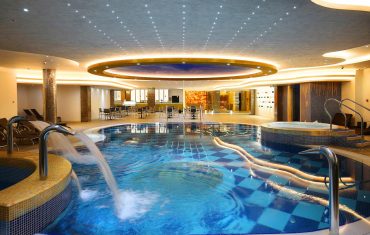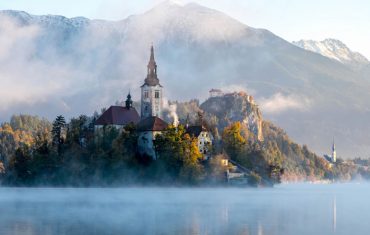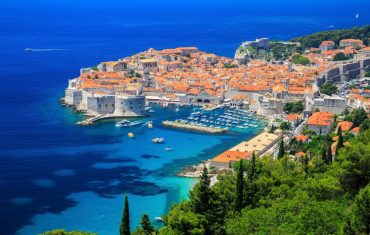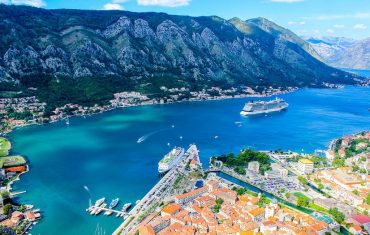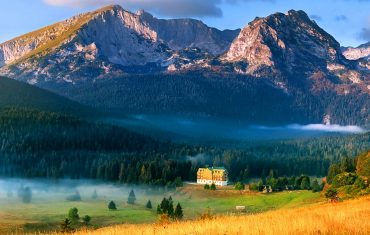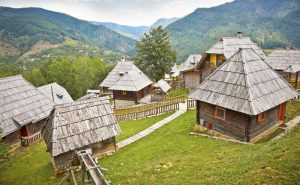
The natural, spontaneous and never phony hospitality and warmness of the hosts are the key elements of the atmosphere experienced when staying in a Serbian village. A tourist will not be made to feel like an outsider in any village in Serbia; he or she will be accepted by the host like a close relative and dear guest whose every wish is to be fulfilled. Around every corner warmth, smiles, consideration and affection await the tourist, something which is hard to find in other countries.
Serbian villages are ecological oases; free from the pollution of modern civilisation, they have a mild climate, clean air and healthy foods. The ingredients which the hosts use to prepare food in a traditional and healthy way come from their own property and the tourist can be secure in the knowledge that the vegetables and animals are grown and raised naturally.
The smells, sounds and tastes of a village are what make it more special, more beautiful and more pleasant than the city. From Vojvodina in the north, through the western, central and eastern regions, to southern Serbia, the individual details vary, but the life-rhythm of villages all over Serbia is the rhythm of nature: the coming and going of the seasons, the transition from the working day to the restful night, the natural order of things and people.
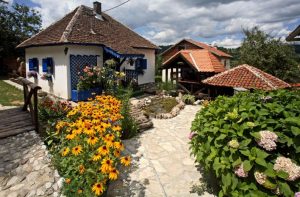
Village tourism is not limited to tourists simply staying in village households. It also entails trips to surrounding areas, visiting the natural attractions and cultural and historical sights of the region, traditional folklore and events put on for tourists, outdoor sports and recreation and buying crafts, handmade items and souvenirs, as well as homemade food and drink.
A traditional welcome to a Serbian village house involves the serving of bite-sized pieces of warmpogaca(home-made bread) dipped in salt. Next up isslatko(a sweet preserve) made from local fruit or a helping of honey with a glass of chilled, spring water, while a drink to your health is done with localrakija(Serbian brandy) or wine. The guest and the host will then get to know each other, asking after each other’s health and family over a cold starter ofsir(cottage cheese),kajmak(kaymak – similar to clotted cream),sunka(ham) orprsut(proscuttio – cured ham). A lunch consisting of dishes made to regional, traditional recipes has an extra special ingredient – the care and love which the hostess puts into preparing her food.
